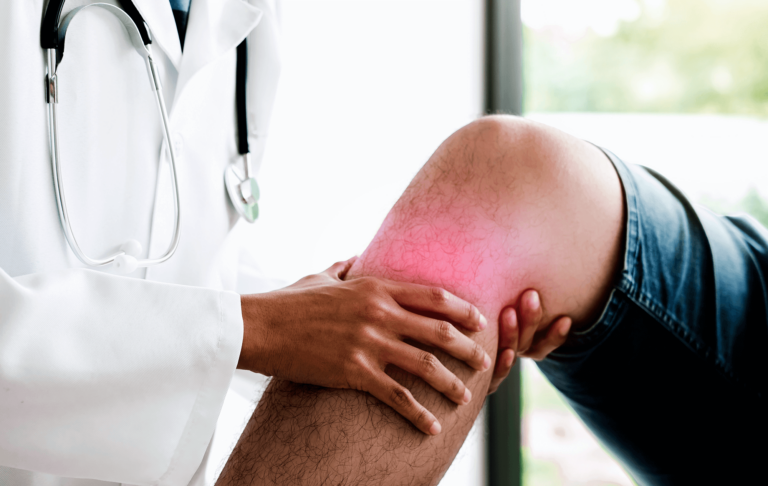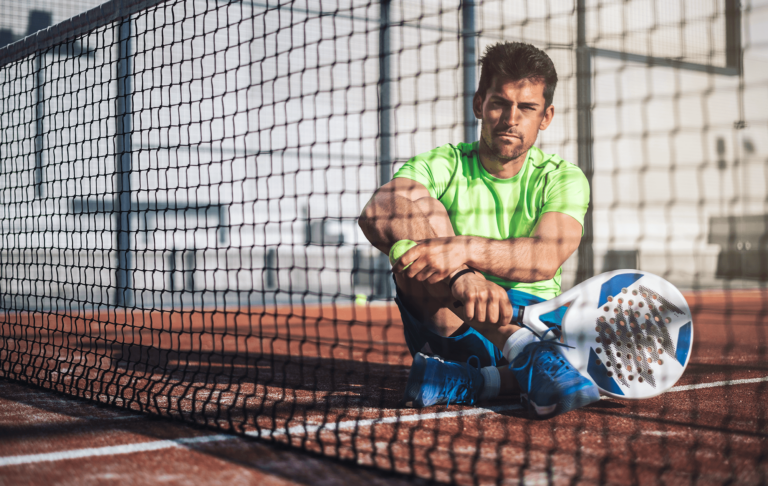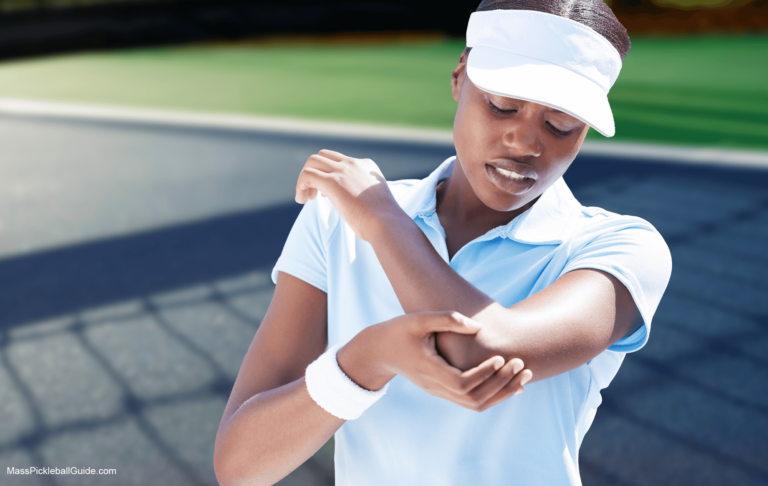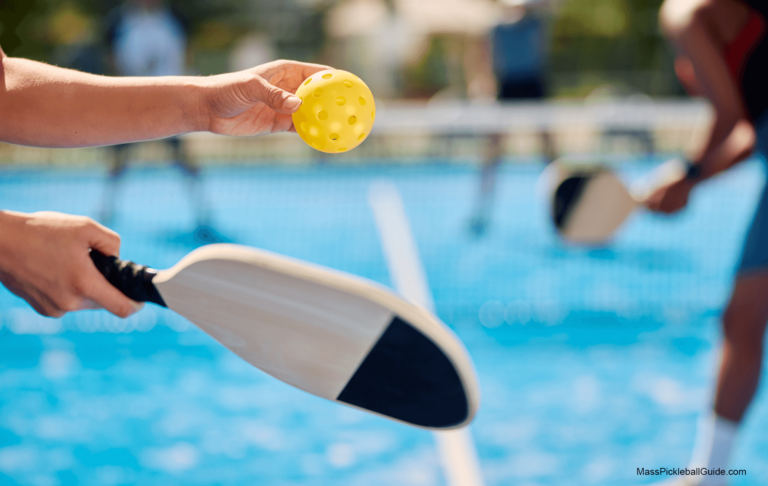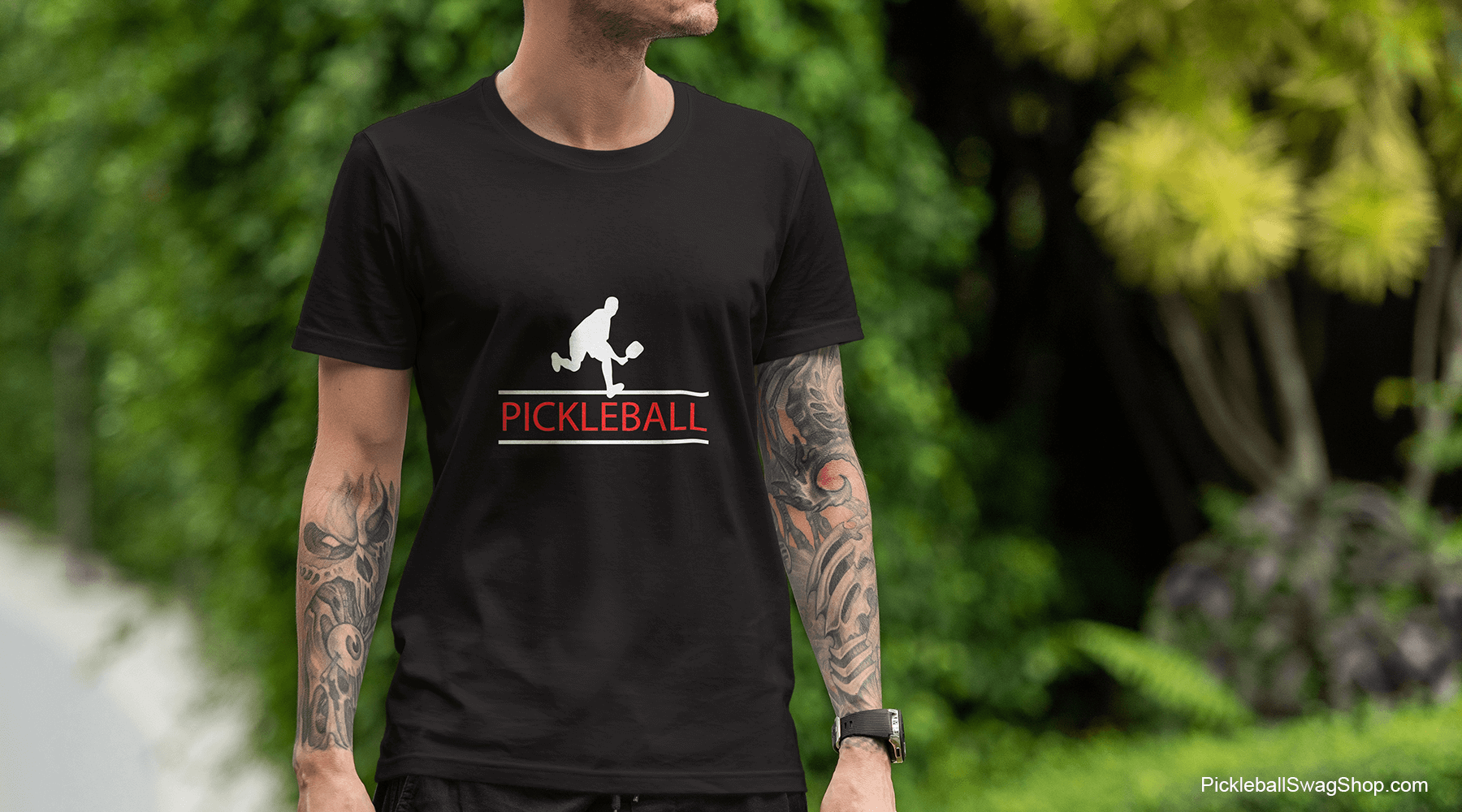The powerful impact of pickleball on mental health!
get more than your head in the game
In an increasingly health-conscious society, physical exercise isn’t just about toning muscles or losing weight anymore. Sports like pickleball, a racquet game rising in popularity, are becoming integral parts of maintaining not just our physical health, but also our mental health.
Pickleball and Mental Health
Pickleball, a sport that combines elements of tennis, badminton, and ping-pong(?), offers a relatively new game experience accessible to all audiences. Its unique and inclusive nature makes it a fresh approach to health improvement, particularly mental health.
Is Pickleball Good for Mental Health?
The simple answer is a resounding yes, pickleball is good for your mental health.
Playing pickleball can have a profound positive impact on mental health even considering the surge in mental health diagnoses in 2023. But to truly understand the benefits of pickleball to mental health, let’s delve deeper into some specific areas where this paddle sport makes a difference.
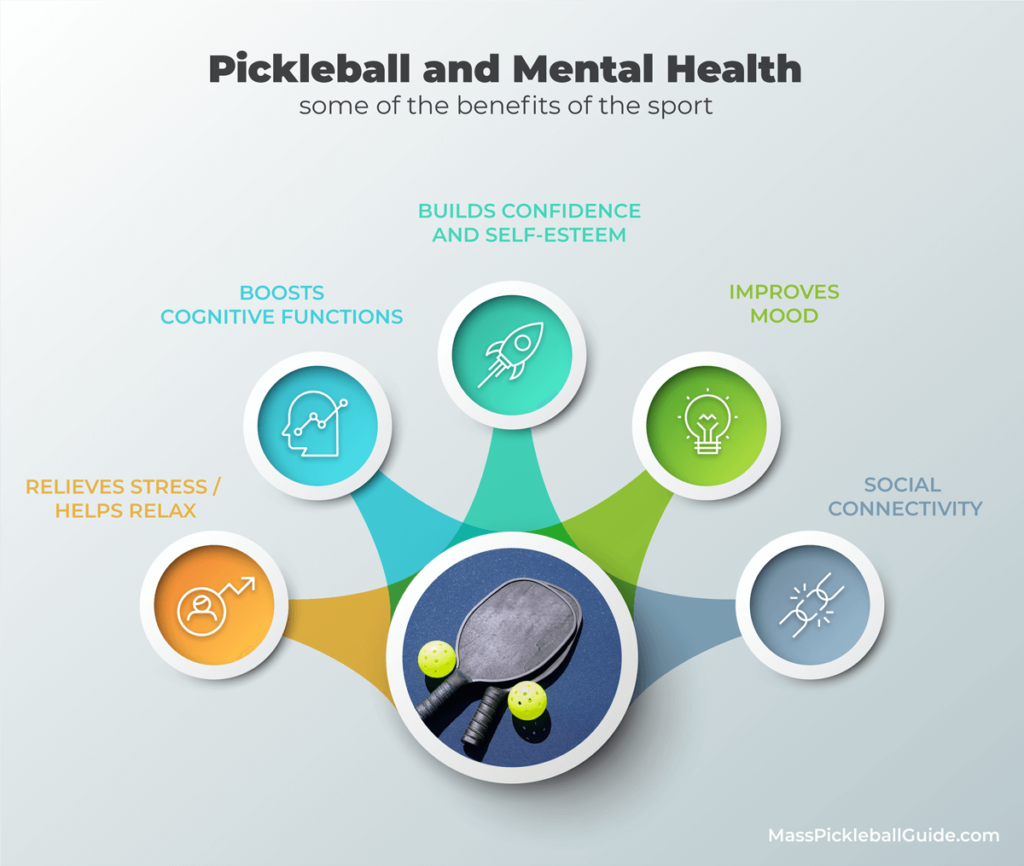
Stress Relief and Relaxation
Pickleball acts as a form of stress relief. Engaging in the game takes your mind off daily pressures and responsibilities, providing a mental “time-out”. As you move around the pickleball court and focus on the game, your body releases endorphins. These natural mood lifters induce a sense of relaxation and happiness, serving as an effective form of stress relief and anxiety reduction.
According to the American Psychological Association, “Regular physical activity is associated with decreased symptoms of depression and anxiety.” Pickleball, with its fun, engaging gameplay, provides a form of distraction that allows players to momentarily forget their worries, thereby aiding in stress relief and relaxation.
Boosting Cognitive Functions
Playing pickleball requires tactical thinking and strategy. Though the rules of pickleball are simple, deciding where to serve, anticipating the opponents’ return, and figuring out the best positions on the court, are all mental challenges that the game presents.
By stimulating your brain and enhancing cognitive functions, pickleball can have a positive effect on your psychological health, keeping your mind alert and active.
Building Confidence and Self-Esteem
Pickleball’s inclusive nature ensures that everyone, regardless of their skill level or physical condition, can play and enjoy the game. Each successful rally or point won can give your confidence a significant boost. This feeling of accomplishment can help improve your self-esteem, a your self-worth. Furthermore, mastering new skills or techniques in pickleball (think the elusive dink shot) can lead to an increase in confidence, translating into improved mental well-being.
A study published in the Journal of Behavioral Medicine showed that regular physical activity contributes to increased self-esteem. By providing an inclusive environment where everyone can participate and succeed, pickleball can certainly boost confidence levels and foster a positive self-image.
Mood Improvement
Physical exercise like pickleball has been linked to better mood and reduced symptoms of depression. The endorphin release during physical activity creates a sense of euphoria, often called a “runner’s high,” that can be achieved through pickleball as well. So maybe we can call this “pickler’s high”? This uplifted mood can extend beyond the game and off the court.
Social Connectivity
The social aspect of pickleball can never have too much emphasis. This is a significant mental health benefit. By fostering a sense of community, pickleball can reduce feelings of loneliness and isolation, significantly improving mental health. And it beats practicing pickleball by yourself.
According to a study in the American Journal of Health Promotion, social engagement during physical activity can lead to improved mental health outcomes. Pickleball, being a social sport, offers numerous opportunities for players to connect and interact, fostering a sense of community that significantly contributes to mental health.
Is Pickleball Good for the Brain?
Yes, pickleball is good for your brain! Pickleball encourages cognitive stimulation by requiring players to anticipate their opponent’s moves and develop effective strategies. This helps keep your brain active and sharp. You’re always on the move in pickleball. Moreover, studies suggest that regular physical activity like pickleball can improve memory and thinking skills.
The Social Impact of Pickleball: Expanded View
The social aspects of pickleball stretch beyond the court, serving as an integral part of the sport that goes hand in hand with its physical aspects.
from the experts…
Participating in social physical activities like pickleball is known to have a profound impact on mental health. A study in the Journal of Aging and Physical Activity showed that older adults who are more socially active during physical activity report better mental health. Pickleball, with its strong community and social interaction elements, perfectly fits this category, further emphasizing the significant role it plays in promoting mental well-being.
Facilitating Social Interaction
One of the core attributes of pickleball is its capacity to facilitate social interaction. Unlike many sports (e.g., swimming, running, biking, etc.) that demand intense focus and sometimes breed a solitary or competitive atmosphere, pickleball promotes an inviting, friendly environment that encourages players to interact with each other.
Between matches or even during breaks, conversations flow freely among players. And after many friendly games there is usually the opportunity to have a social White Claw or beer!
Building Meaningful Connections
Playing pickleball also creates opportunities for building meaningful connections. A shared interest in the game can be the starting point of lifelong friendships. Regular games in town turn into routine meetups, where players can connect on a deeper level, sharing not just game strategies but also personal experiences and stories.
These relationships can have profound effects on one’s psychological health, combating feelings of loneliness and isolation.
The Role of Teamwork
Pickleball often involves doubles matches (as opposed to singles), which promote teamwork and cooperation. Players learn to communicate with their partners, strategizing together to win points. This active collaboration can enhance social skills and foster a spirit of mutual respect and understanding among players.
The Inclusive Community
As a game that welcomes individuals of all ages and fitness levels, pickleball creates a diverse and inclusive community. Folks think of this as a older person sport but the fastest growing age group in pickleball is 18 – 24!
See: Am I too old to play pickleball?
Impact on Emotional Well-being
Lastly, the socialization aspect of pickleball contributes significantly to players’ emotional well-being. The positive interactions and friendships fostered through the game can provide emotional support, reduce stress, and improve overall mood. The feeling of being part of a community can also boost self-esteem and provide a sense of purpose and belonging.
Boosting Self-Esteem Through Pickleball
Pickleball’s inclusive nature makes it an excellent sport for boosting self-esteem. The sport doesn’t require you to be in peak physical condition or to have extensive athletic experience, which encourages an active lifestyle among people of all fitness levels. Every successful volley or point won can improve your confidence and self-worth, contributing positively to your mental health.
Healthy Competition in Pickleball
Pickleball promotes healthy competition, or what you might call “friendly rivalry.” This fosters a positive and supportive environment. Players compete, but always with respect and a sense of camaraderie, reinforcing the idea that everyone’s a winner for just participating. This may not be so true in a pickleball tournament!
See: The surprising health benefits of playing pickleball
Wrapping It Up
In a nutshell, pickleball goes beyond being just a physical exercise—it’s a sport that can be considerably beneficial to your help, especially your mental health. It encourages socialization, boosts self-esteem, imparts a feeling of youthfulness, offers stress relief, presents mental challenges, promotes healthy competition, and helps prevent boredom.
Additional Resources
For more information on pickleball and mental health, check out these resources:
- Pickleball: An Introduction and Overview
- Physical Activity and Mental Health: A Win-Win
- Benefits of Social Sports: Community and Connection
*Experts in the field of mental health or sports psychology can provide further insights into how pickleball can benefit mental health. If you’re interested, consider reaching out to professionals in these areas.



